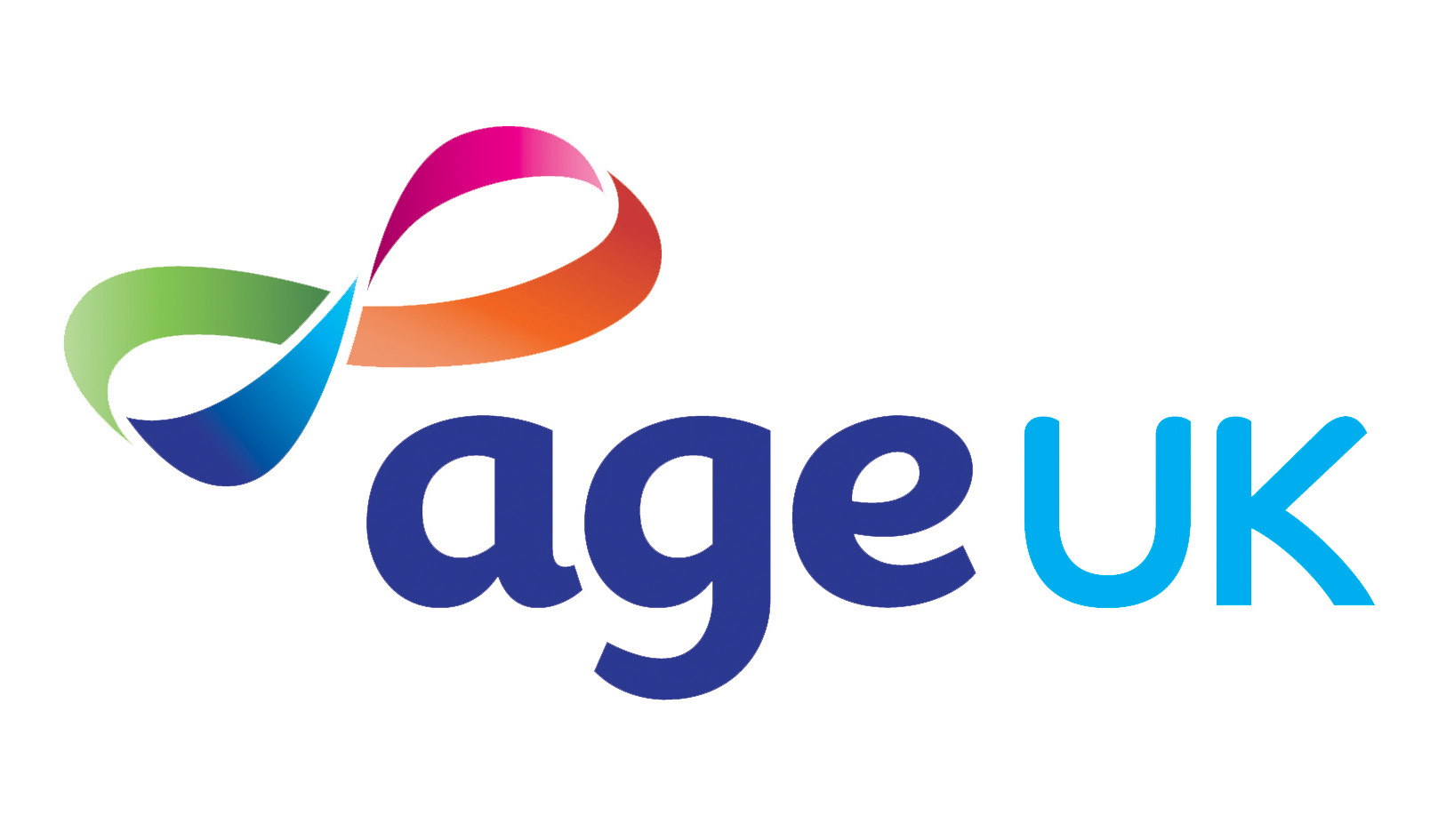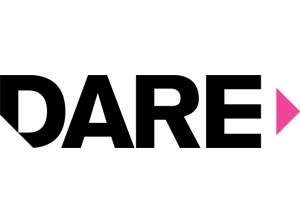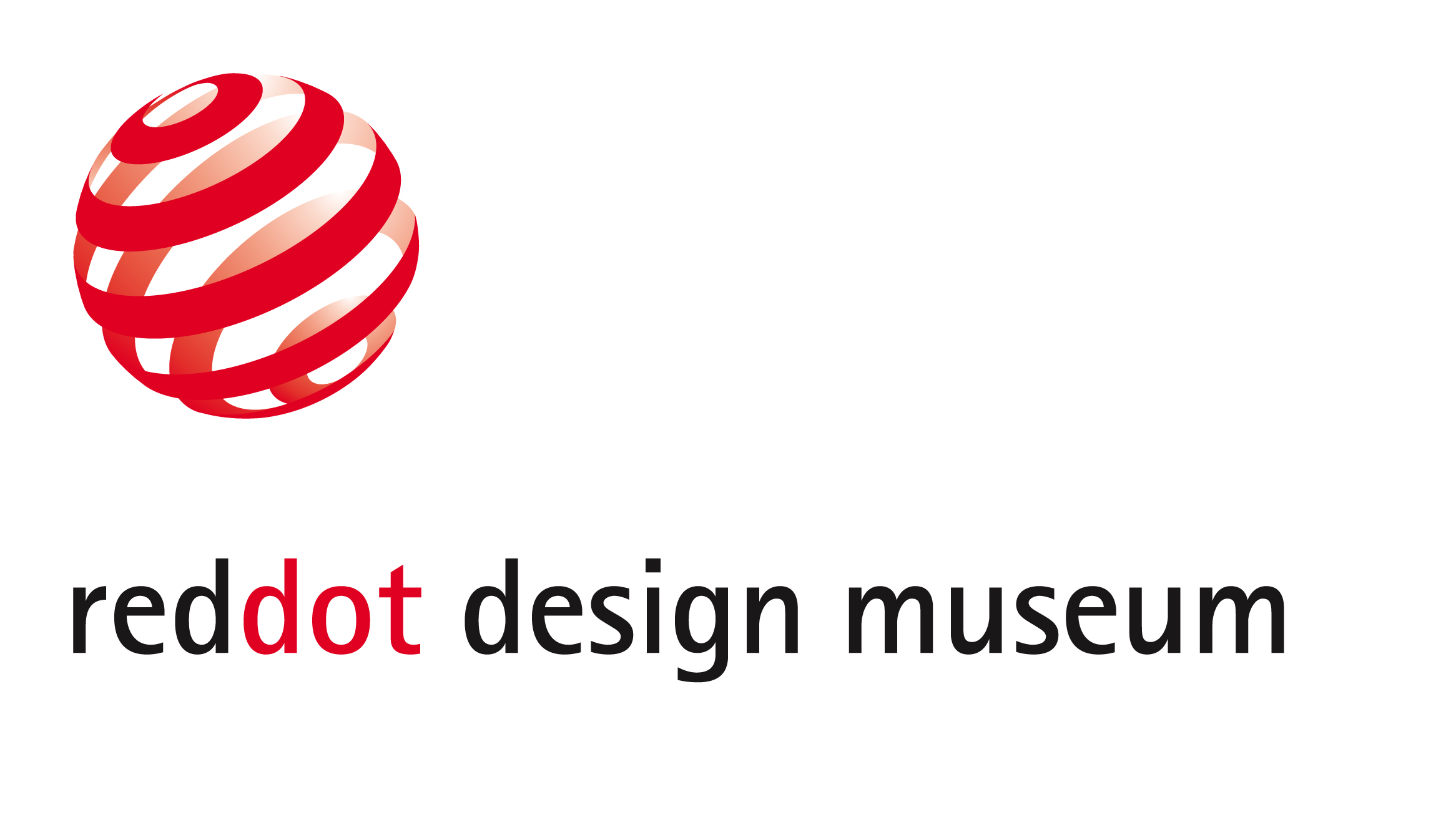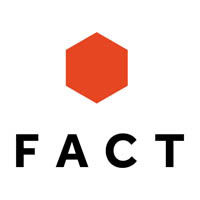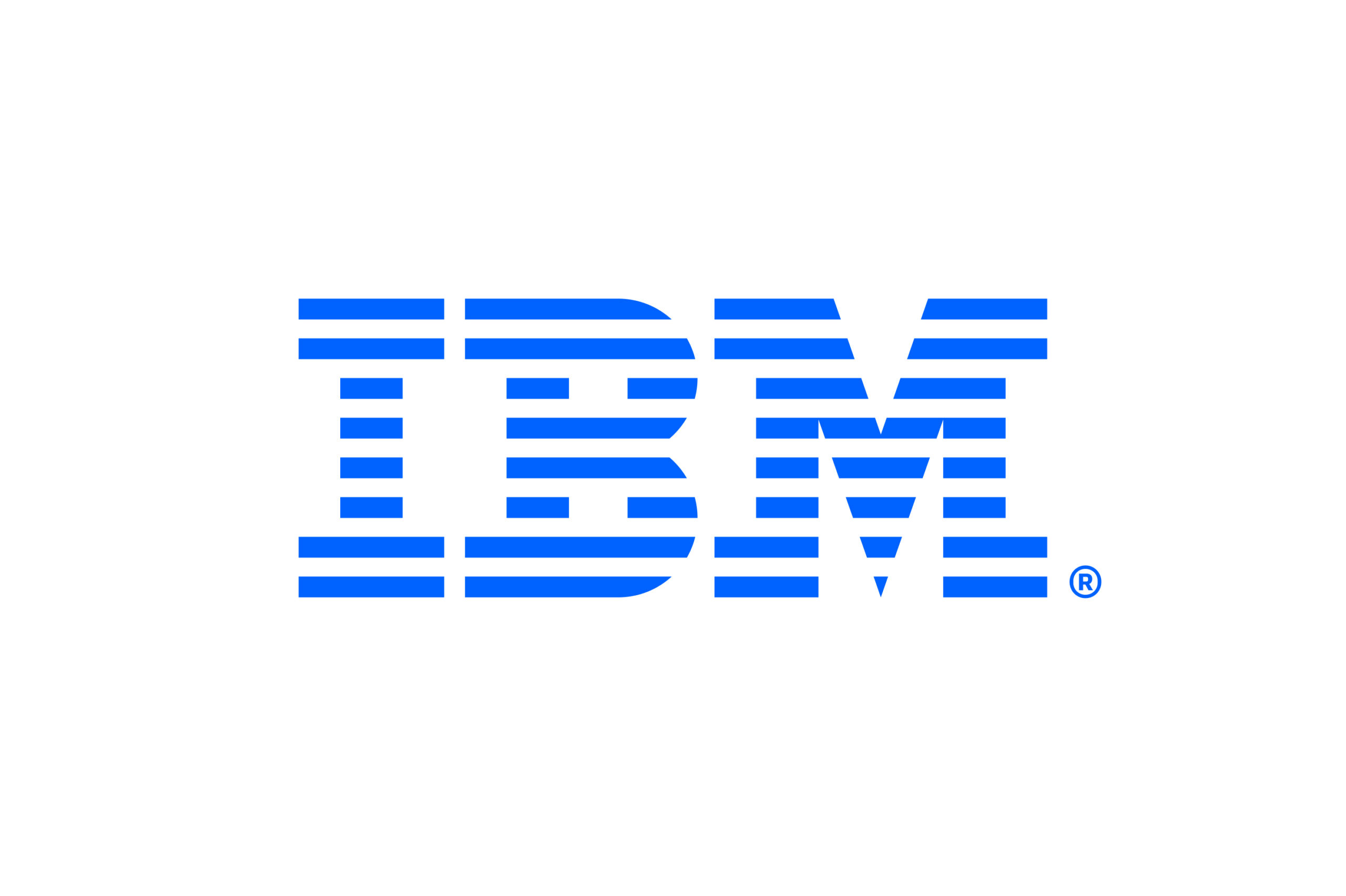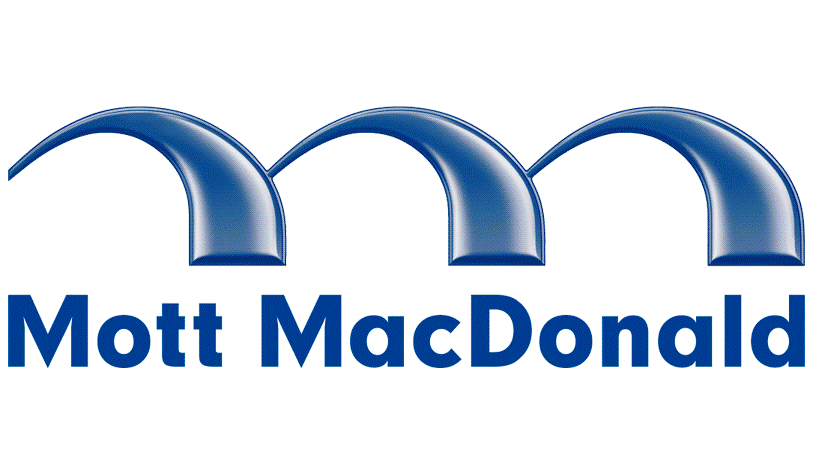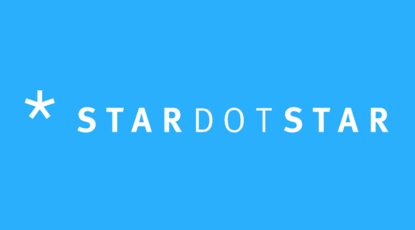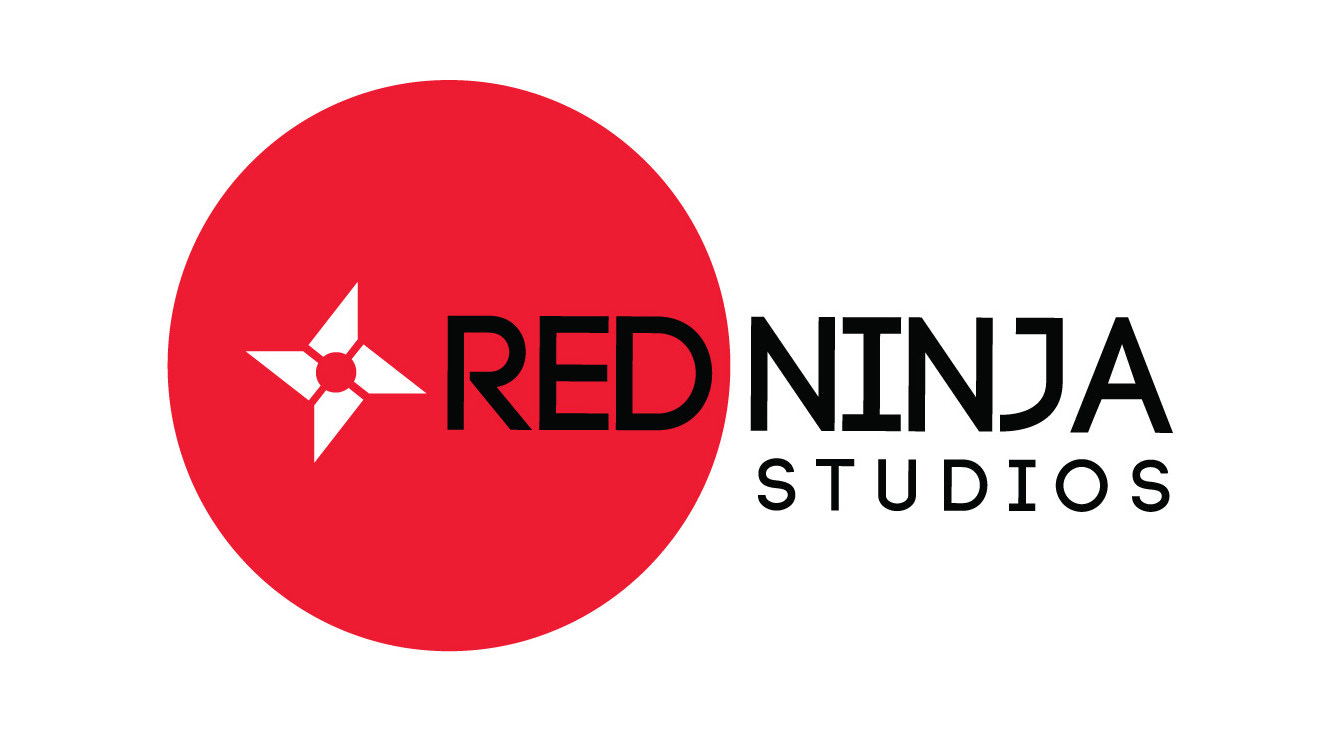We have extensive experience collaborating with academics, public, private and third sectors to deliver research with measurable real world economic and societal impact. Through in-depth collaboration we apply our exploratory research to address the complex challenges identified by industry, public and private sectors, national and international governments.
Our diverse team of researchers including architects, product designers and technologists and more take a cutting-edge, design-led, interdisciplinary approach to create and evaluate next generation places, products and services.
To explore collaboration opportunities with ImaginationLancaster please contact us.
If you are uncertain about what design research is and how it can help, please check out our “So what is design research anyway” page.
Our research is enhanced through collaboration with other disciplines and we promote the importance of design research having a prominent position in policy and decision-making, equal to fields like science, law, and economics.
We collaborate with various stakeholders, including policymakers, businesses and organizations, communities, and other academics, to address local, national, and global challenges. We strive to apply design research attributes, such as agility and dynamism, to these collaborations and produce high-quality, in-depth research.
We believe in making our research findings accessible through various mediums such as video and print, rather than just publishing in academic journals.
As part of this we produce a series of Little Books that serve as essential guides for non-expert readers, with examples including the Liveable Cities project and the PETRAS IoT Hub.
Whether it’s a small pilot project working with a social enterprise, through to a large multi-disciplinary project with academic and industrial partners, we would love to hear from you.
Below you will find brief outlines for just some of the many successful collaborations we have worked on.
The Making Rooms in Blackburn, Lancashire, is a place where creativity, technology and advanced manufacturing come together in a community facility for use by artists, inventors, students, children and just about everyone else to design and make anything from high-tech products and gadgets to toys, artworks, home decorations and accessibility devices.
Imagination has collaborated with The Making Rooms on several projects including InterNET ZERO. Funded by the UKRI EPSRC TAS Hub, this project will aim to help tackle the environmental, social and technical challenges being presented by autonomous Internet technologies by transforming academic knowledge into practice.
Listen to our podcast episode where Tom talks about his collaborations with Imagination (and what it’s really like to work with academics).
The Chatty Factories project explored the transformative potential of placing data driven systems at the core of manufacturing processes, with the aim of increasing competitive advantage for UK PLC by offering greater opportunities to innovate and reducing time to market.
It mapped directly onto the Government’s AI sector deal released in April 2018 that promotes academic-industry partnerships to deliver innovations arising from new uses of data and artificial intelligence.
The Life Survey gathered views, attitudes and experiences of Lancaster District and Blackburn with Darwen residents through a survey co-designed with officers from the two Local Authorities. The wide-ranging survey contains valuable insights in areas such as demographics, sustainability, digital, public realm, physical and mental health, travel and transport, housing, food poverty, employment and social integration. The results provide a large data set and six case studies and a data visualisation dashboard developed in collaboration with Connected Places Catapult. The Life Survey was funded by UKRI Research England as part of the Beyond Imagination project.

The increasing resistance of bacteria found in homes and built environments to antibiotics is a global health concern. Our Dust Bunny project investigated the home as a source of antibiotic-resistant bacterial infections carried by dust, particularly in Ghana. By studying hygiene practices and airborne AMR bacteria, the project aimed to develop targeted education materials and interventions to reduce bacterial infections in households.
This interdisciplinary endeavor combined design research and microbiology, offering a unique perspective on domestic cleanliness practices and proposing novel approaches to combat infections in homes, with broader implications for other developing countries in Africa.
We have developed a series of MoUs with various organisations and institutions nationally and internationally. These MoUs are intended to deepen relationships in order to pave the way for future collaborations, in order to achieve social, environmental, and economic improvements.
For instance, through our MoU with Lancaster City Council, we created a collaboration between Lancaster City Council and the design researchers from ImaginationLancaster to work with the community to help them contribute to recommendations on how to transform social housing on the Mainway Estate in Lancaster.
One of international MoUs, between ImaginationLancaster and the Latin American Passivhaus Institute, represents the vision of our two institutions to work together to deliver research and engage with communities where it is needed the most. While COVID-19 impacted how we work, it also opened many doors, particularly connecting people who might not have met otherwise. Certainly, this was the case when ImaginationLancaster approached the Latin American Passivhaus Institute during the pandemic, and Lancaster University found in them an ally to work and deliver this shared vision.
If you have any questions, would like to know more about design research with Imagination and how it can benefit your project, please contact us.
Explore our website, we have many resources to help you understand the wide ranging research we undertake here at Imagination. Our “Little Book of” series are short books to share and explain some of our research and are all freely available to download and we have developed the Leapfrog tools to help you engage, understand, and work with diverse teams. These and other resources can be found here.
If you would like to understand better what design research is and how it helps drive us towards solutions for societal challenges please look at our “What is Design Research?” page.



